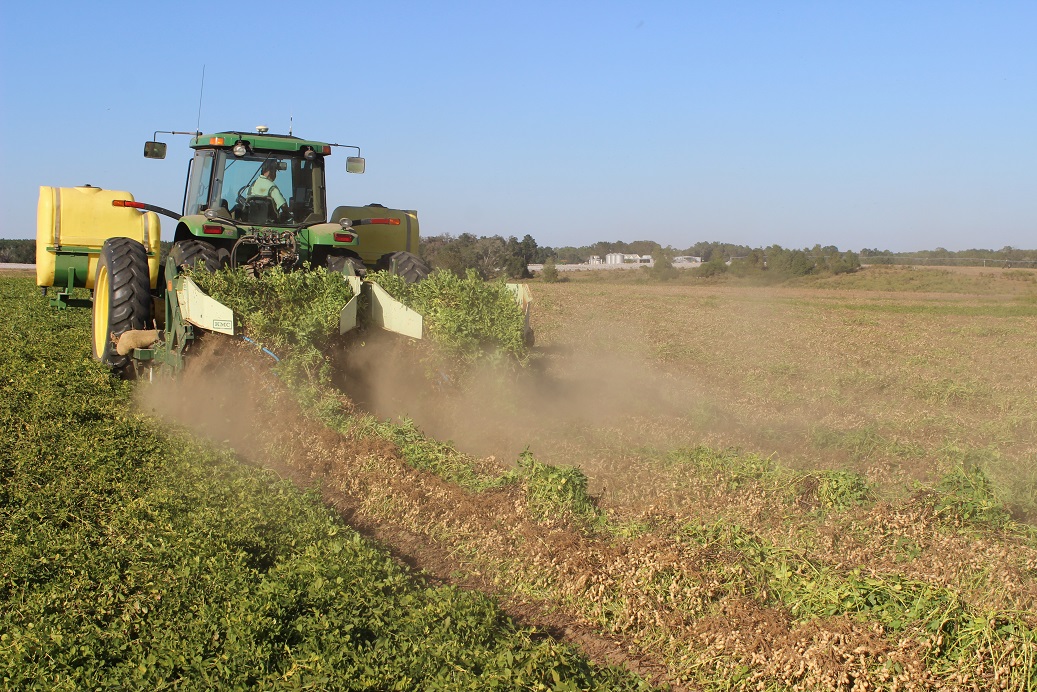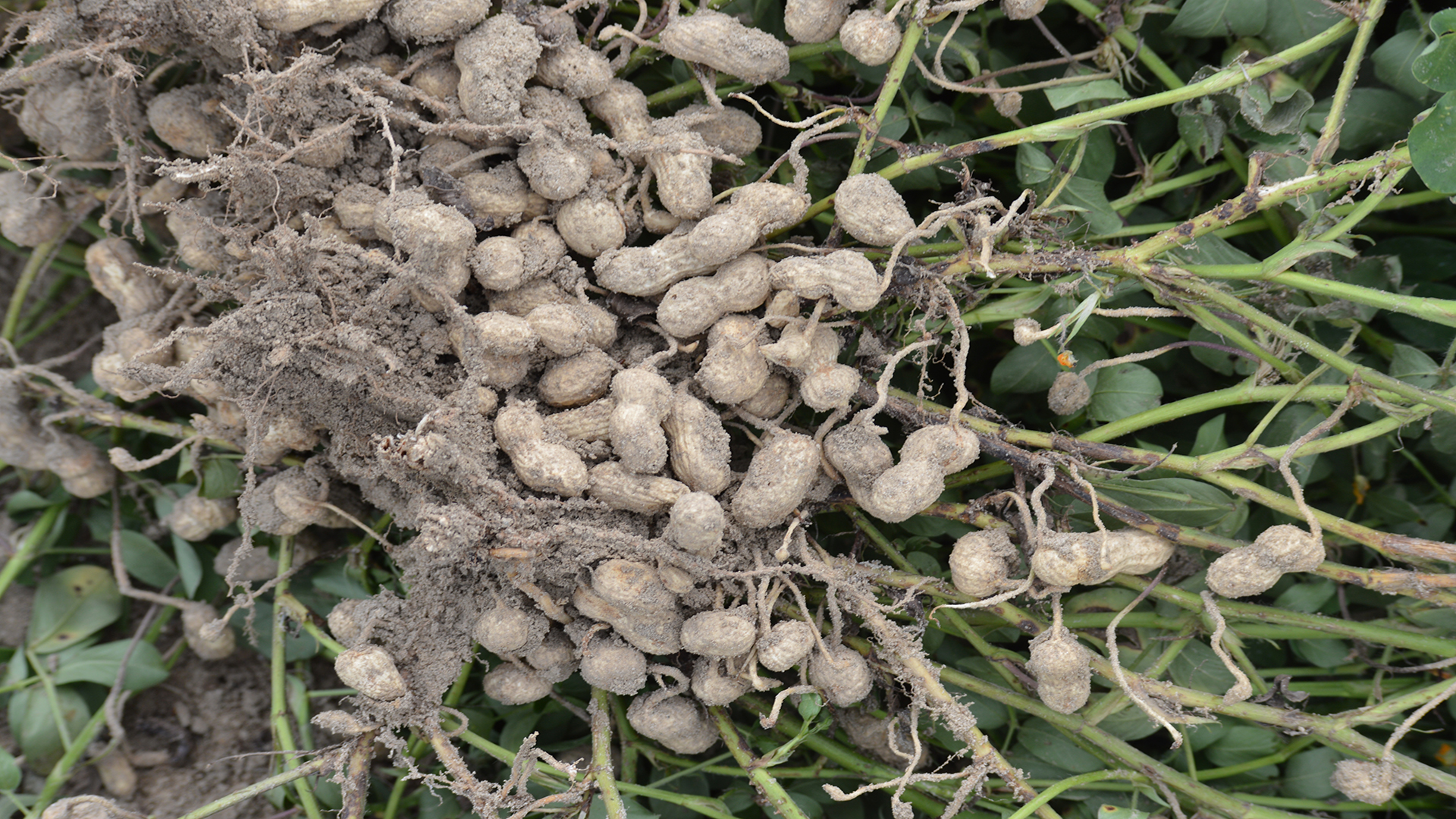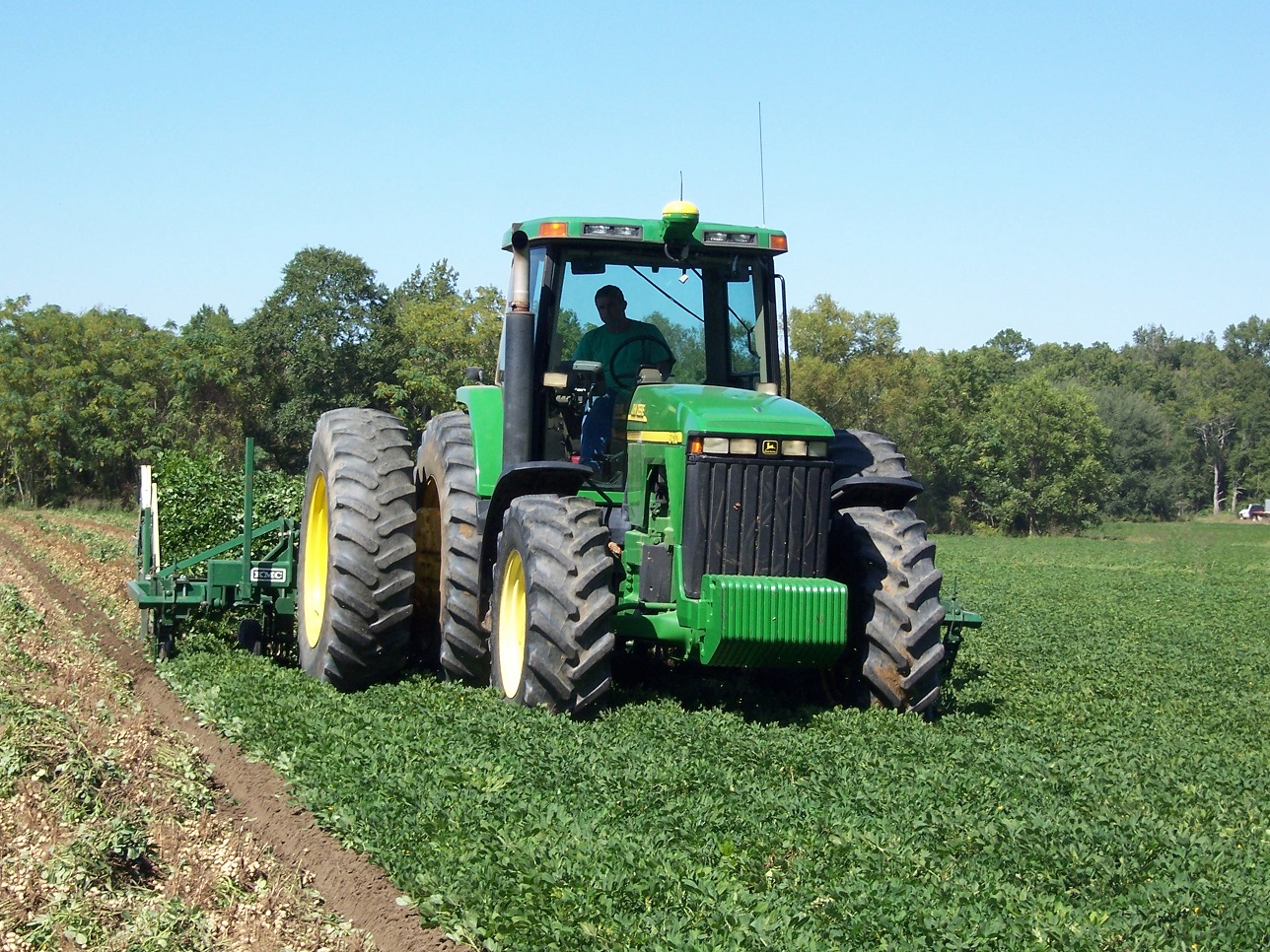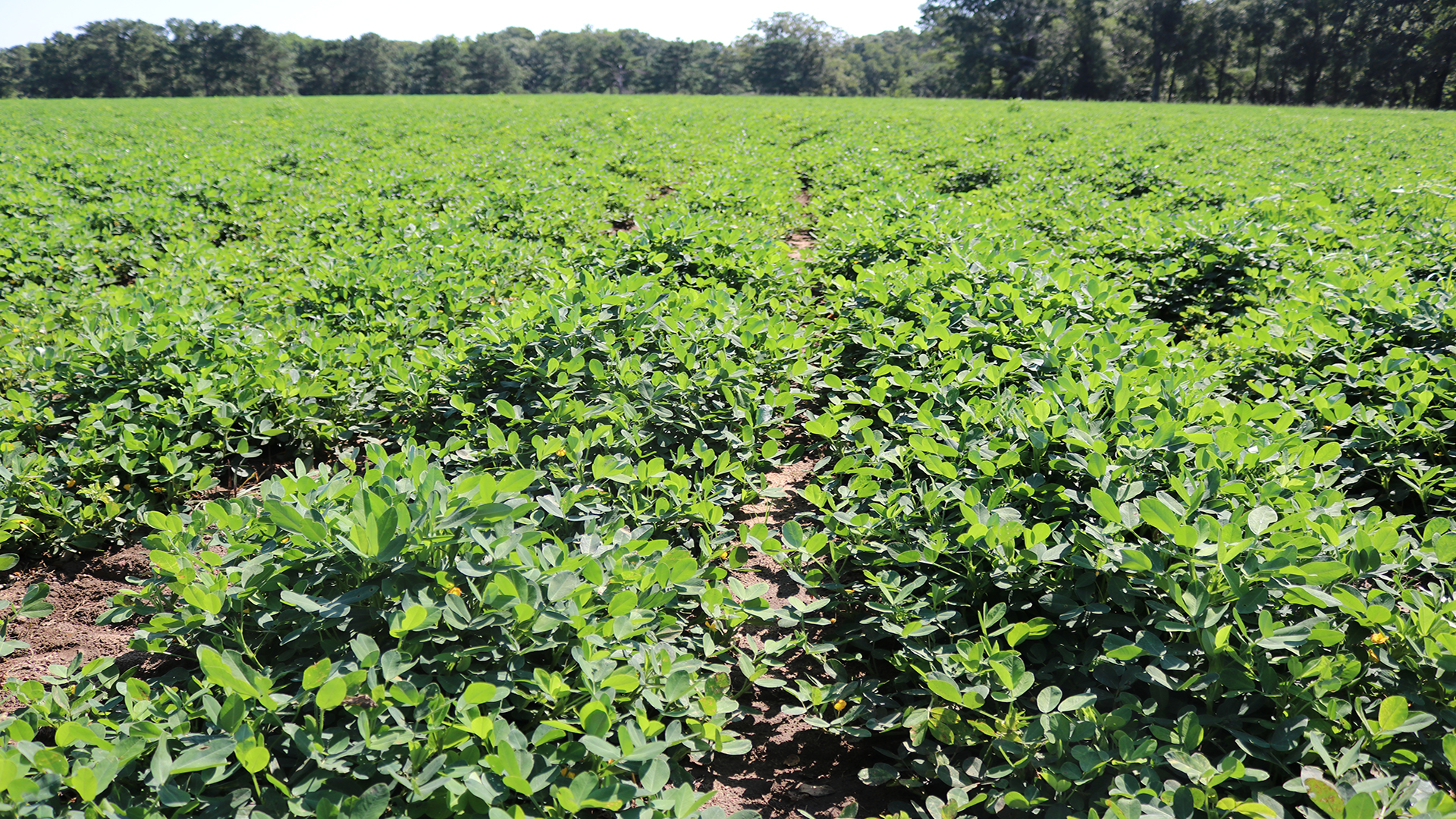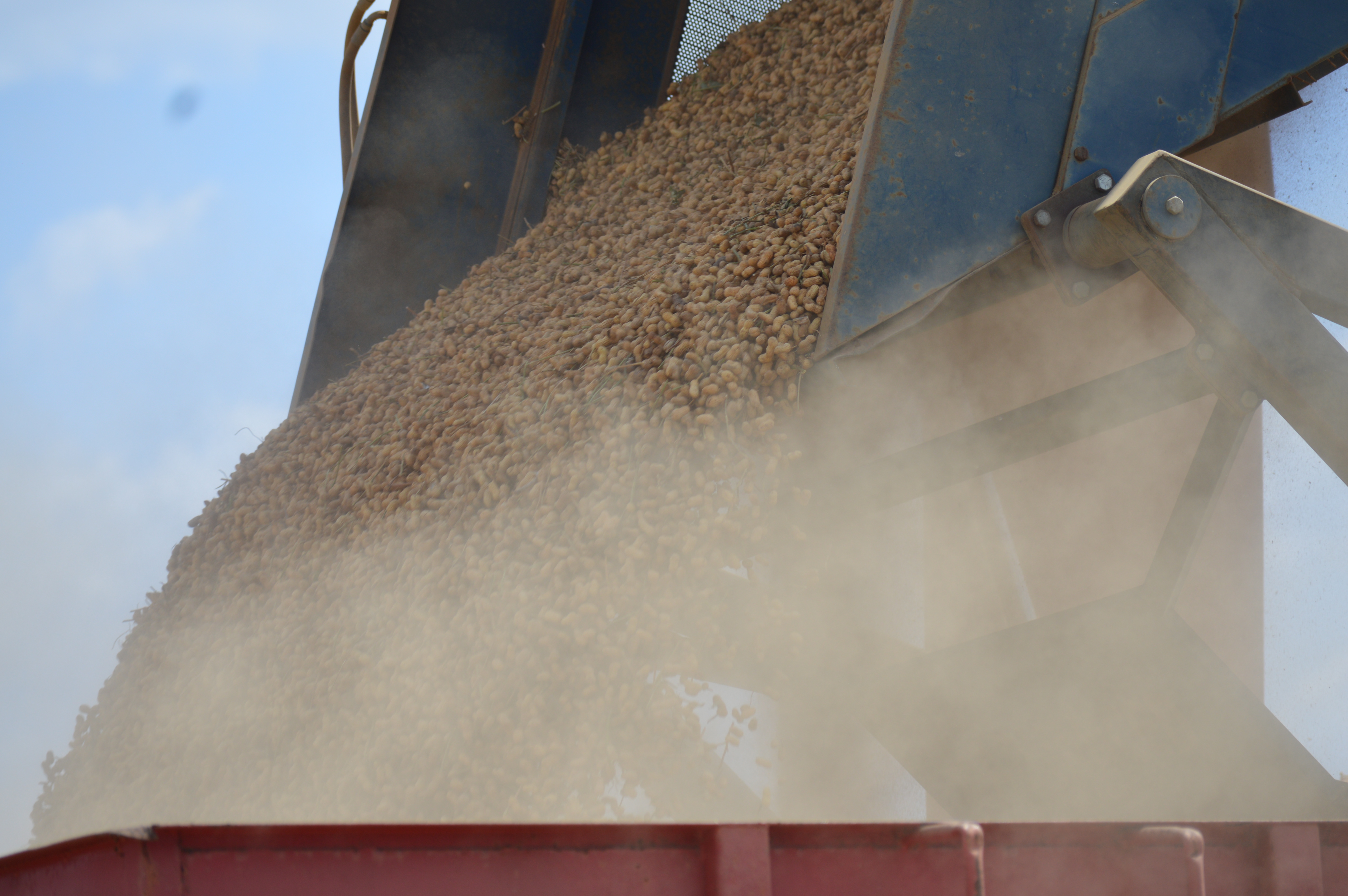Alabama Peanut Referendum Wins 91% Approval
Alabama peanut farmers voted to continue the current assessment on peanuts that is collected by the Alabama Department of Agriculture and Industries and administered by the Alabama Peanut Producers Association (APPA). In a referendum conducted on April 20, 2023, an unofficial but complete vote, ninety-one percent said “yes” to continuing APPA’s programs in education, promotion, and research.
For the continuance referendum to pass, a majority of eligible producers voting needed to vote in favor of continuing the assessment. Growers who produced peanuts in 2020, 2021, and 2022 were eligible to vote.
The referendum for peanuts is conducted every three years, which is a requirement of the Alabama Legislature. However, a bill was passed recently to change the requirement to every 5 years after 2026.
“The check-off funds we receive fund production research, grower, and consumer education. It’s important that we continue to promote our nutrient-packed peanuts, peanut butter, and other peanut products,” said Carl Sanders, president of the Alabama Peanut Producers Association and a peanut farmer in Coffee County. “The referendum results are indicative of the great work APPA does on behalf of our peanut farmers.”
In the last three years:
- More than $500,000 has been invested toward peanut production research in partnership with Auburn University and Alabama Cooperative Extension System, which directly benefits Alabama peanut farmers. This research has contributed to yield increases and more efficient production practices.
- More than $600,000 has been utilized in peanut promotion activities around the state, contributing to increased peanut and peanut butter consumption and adopting the early introduction of peanuts to infants recommendations by more Alabama pediatricians and parents. Peanut allergy education efforts have been included in the promotion activities as well.
- More than $400,000 has been allocated to grower education to share relevant research results, legislative information, and other pertinent information for Alabama growers. This information is dispersed through grower production meetings, the APPA website (alpeanuts.com), quarterly newsletters, social media, and emails. The annual Alabama-Florida Peanut Trade Show is supported by these funds as well.

